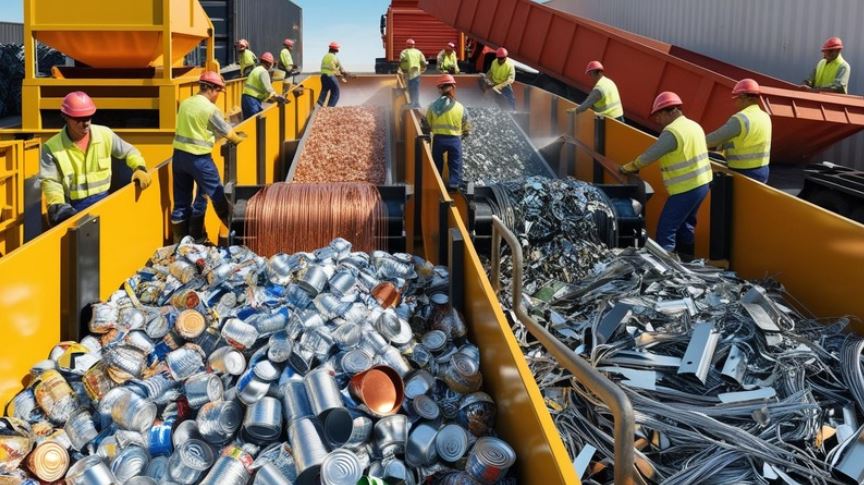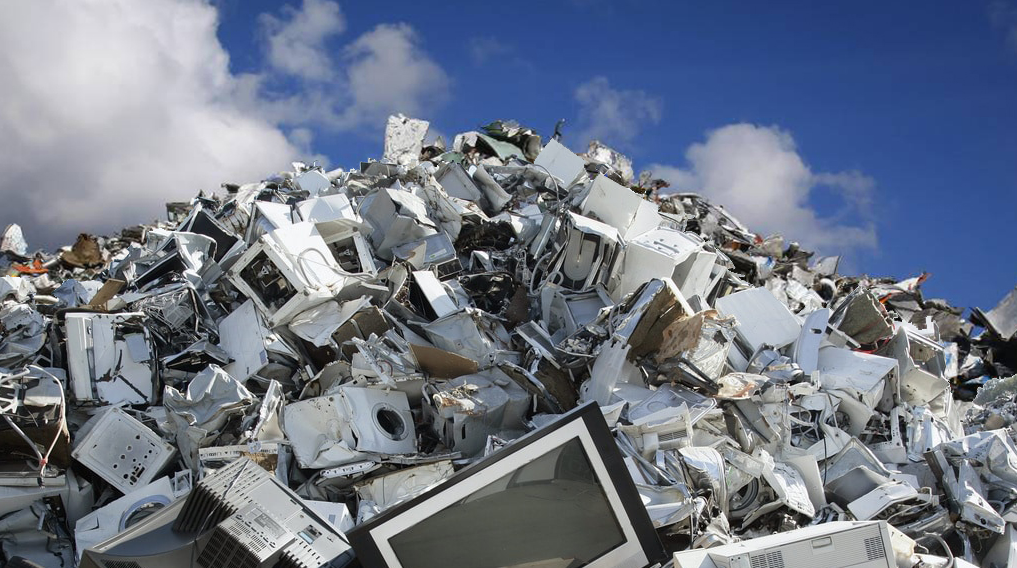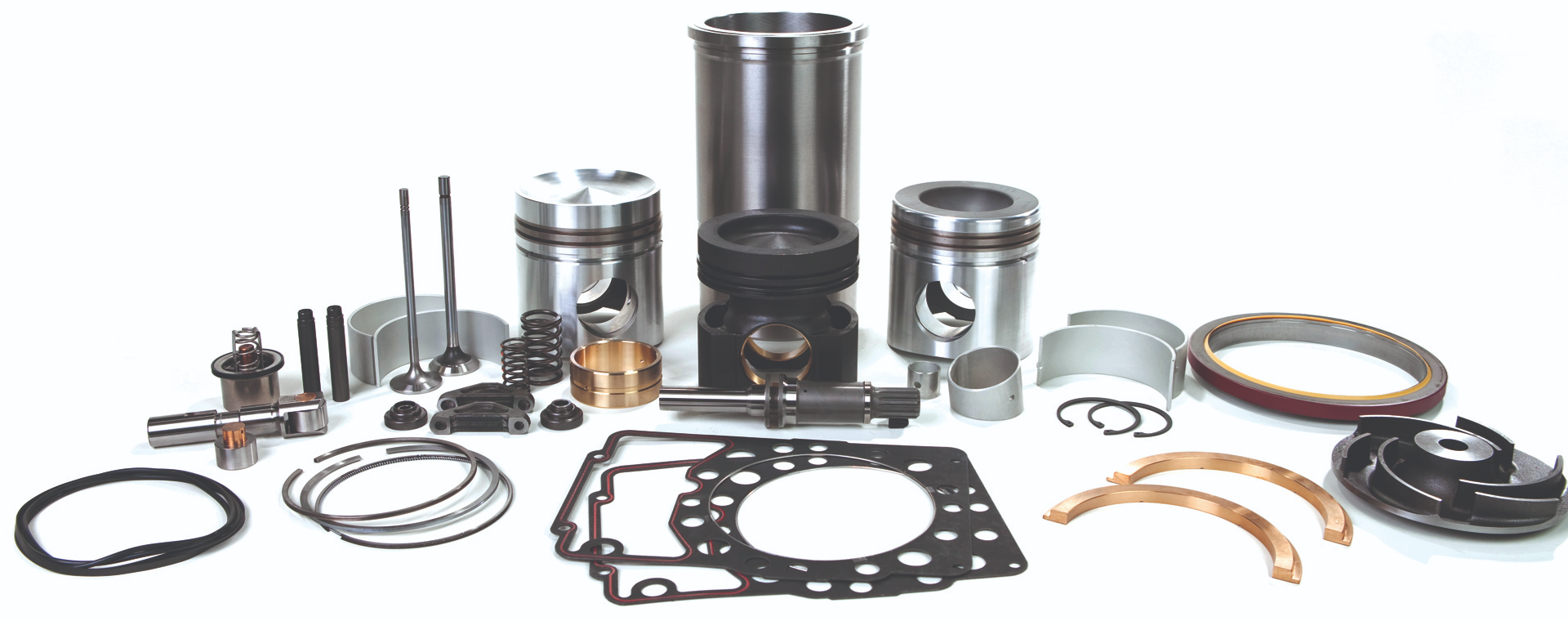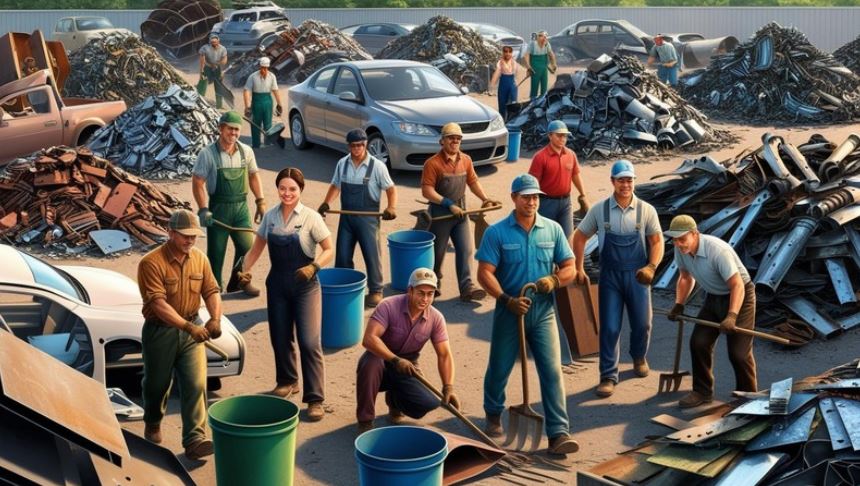
Scrap metal recycling isn’t just good for the environment – it can also be surprisingly profitable. Certain metals are more valuable than others due to their durability, demand, and recycling potential. Whether you’re cleaning out your garage, managing a construction site, or just interested in what’s worth keeping, here’s a guide to the top five most valuable scrap metals and tips on how to identify them.
1. Copper
Why It’s Valuable: Copper is one of the most sought-after metals in the scrap industry due to its high conductivity and widespread use in electrical wiring and plumbing.
Where to Find It: Look for copper in old electrical wires, pipes, plumbing fixtures, and appliances like air conditioners and refrigerators.
Identification Tips:
- Color: Freshly exposed copper has a reddish-brown hue, but over time it develops a greenish patina when exposed to air and moisture.
- Magnet Test: Copper is non-magnetic, so if it doesn’t attract a magnet, it’s likely copper.
- Density: Copper is dense and heavy, which can also be a good indicator.
2. Aluminum
Why It’s Valuable: Aluminum is lightweight, highly recyclable, and used extensively in everything from cans and car parts to building materials.
Where to Find It: Common sources include soda cans, window frames, siding, gutters, and car parts.
Identification Tips:
- Color: Aluminum is silver and can have either a shiny or dull finish, depending on its exposure.
- Weight: It’s much lighter than other metals, making it easy to distinguish.
- Sink or Float Test: If placed in water, aluminum will float compared to denser metals like copper and steel.
3. Brass
Why It’s Valuable: Brass is an alloy of copper and zinc, prized for its durability and decorative appearance, and often found in plumbing and musical instruments.
Where to Find It: You’ll find brass in plumbing fixtures, door handles, keys, gears, and decorative items.
Identification Tips:
- Color: Brass is usually yellow-gold in color with a slight shine.
- Weight: Heavier than aluminum but lighter than pure copper.
- Sound: When tapped, brass emits a soft, muted sound, unlike the sharper clang of steel.
4. Stainless Steel
Why It’s Valuable: Stainless steel is resistant to rust and corrosion, making it ideal for use in appliances, cookware, and construction materials.
Where to Find It: Look for stainless steel in appliances, kitchen sinks, utensils, and medical equipment.
Identification Tips:
- Magnet Test: Some types of stainless steel are slightly magnetic, while others aren’t. Try testing with a magnet to see if it sticks weakly.
- Color and Shine: Stainless steel has a polished, silvery appearance that’s often shinier than regular steel.
- Rust Resistance: Stainless steel doesn’t rust easily, so any rust-free, silver metal is likely to be stainless steel.
5. Lead
Why It’s Valuable: Lead is a dense, malleable metal used in batteries, roofing materials, and pipes. It’s in demand, but also requires careful handling due to its toxicity.
Where to Find It: Lead is most commonly found in car batteries, roofing, and old plumbing pipes.
Identification Tips:
- Weight: Lead is extremely heavy and dense, even in small pieces.
- Color: Freshly cut lead is a dull silver, but it quickly tarnishes to a grayish hue.
- Safety: Lead is toxic, so always handle it with gloves and wash your hands after touching it.
How to Maximize Your Scrap Metal Value
Knowing which metals are valuable can help you maximize your earnings when selling scrap. Here are a few tips to ensure you get the best price:
- Separate Your Metals: Keep metals like copper, aluminum, and brass separate from others to avoid mixed prices.
- Clean the Metal: Removing non-metal parts, like plastic coatings on wires or screws from aluminum frames, can increase the metal’s value.
- Stay Updated on Prices: Scrap metal prices fluctuate with market demand, so check current rates to ensure you’re selling at the right time.
Scrap metal recycling can be an excellent way to make some extra cash, especially if you know what to look for. Metals like copper, aluminum, brass, stainless steel, and lead are highly valued in the recycling market, each with its own distinct characteristics. By using simple tests and knowing where to find these metals, you can easily identify valuable scrap and help reduce waste at the same time. Happy scrapping!


